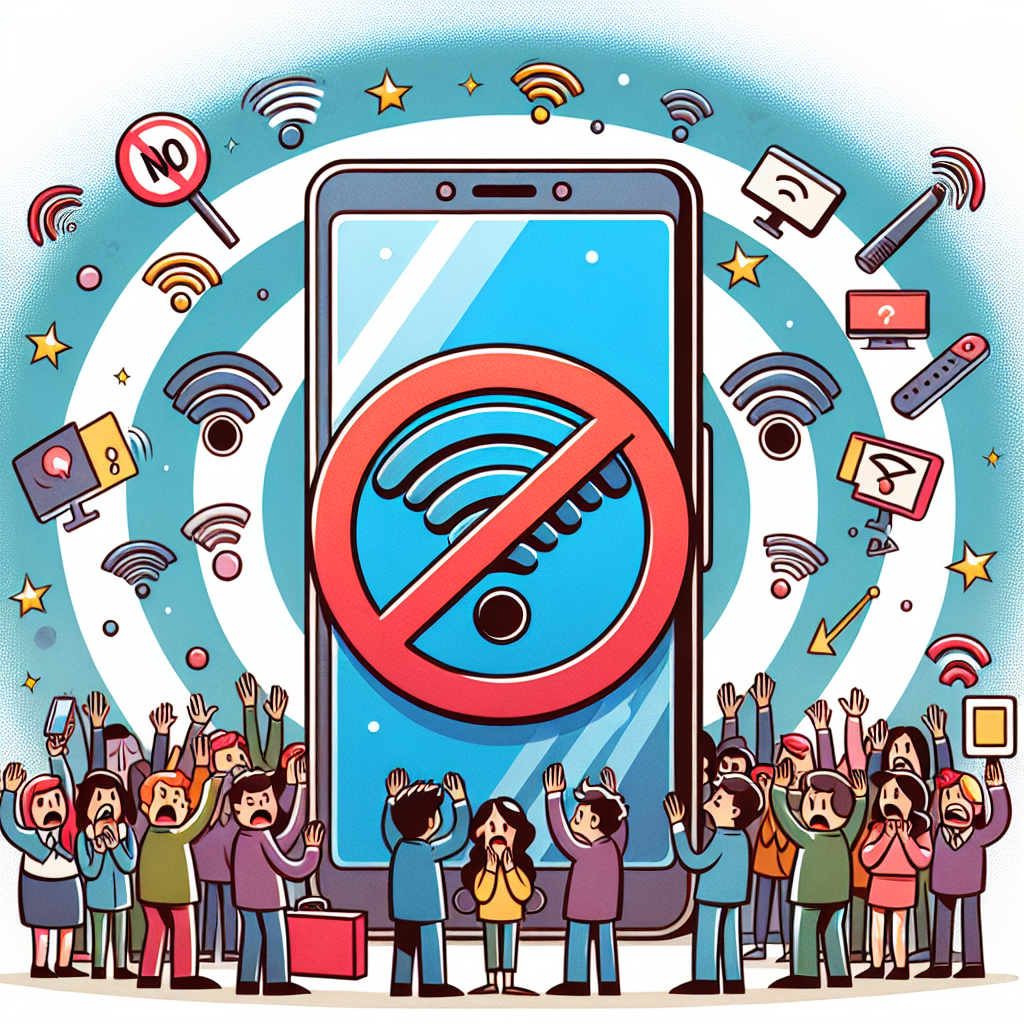UN Experts Condemn Taliban Internet Restrictions as Grave Violation of Afghan Rights
The statement comes a week after the Taliban lifted a nationwide telecommunications blackout, which had severed Afghanistan’s connection to the outside world for several days.

UN human rights experts have issued a stern warning to the Taliban authorities in Afghanistan, condemning the regime’s new restrictions on internet access and social media platforms as a blatant violation of the fundamental rights and freedoms of the Afghan people. The statement comes a week after the Taliban lifted a nationwide telecommunications blackout, which had severed Afghanistan’s connection to the outside world for several days.
Widening Crackdown on Digital Freedoms
Since 7 October 2025, the Taliban has blocked access to several major social media platforms, curtailing the digital space that remains one of the few outlets for free expression and communication under their rule. This move followed a two-day nationwide telecommunications shutdown between 29 September and 1 October, which left millions of Afghans without phone or internet connectivity.
UN experts described the new measures as “a more filtered but equally deliberate strategy to suppress public discourse and regulate societal conduct.” They called on the de facto authorities to immediately restore full access to the internet and to refrain from imposing further restrictions that infringe upon civil, political, economic, social, and cultural rights.
“These new restrictions are not isolated actions,” the experts said. “They form part of a wider and deliberate campaign to control what Afghans can say, see, and know — and ultimately, to silence dissent.”
Severe Impact on Freedom of Expression and Access to Information
The Taliban’s tightening control over digital communication has severely undermined the rights to freedom of expression and access to information, both guaranteed under international human rights law. The shutdowns have disrupted vital communication channels, including those connecting Afghans to family members abroad who provide financial support through remittances.
“Internet and telecommunications shutdowns not only limit speech — they fracture families, isolate communities, and choke the flow of humanitarian aid,” the experts warned.
Economic Fallout and Humanitarian Consequences
The restrictions have also exacerbated Afghanistan’s economic crisis, cutting off access to online markets, financial services, and business networks. The UN experts emphasized that such measures “seriously undermine commercial activity”, damaging an already fragile economy that has been crippled since the Taliban’s takeover in August 2021.
“Connectivity is the backbone of modern commerce,” they said. “Cutting or limiting it stalls small businesses, disrupts supply chains, and deepens unemployment and poverty.”
The Taliban’s censorship is particularly harmful to aid operations and disaster response mechanisms. With many parts of Afghanistan affected by natural disasters and mass displacements, communication blackouts have hindered humanitarian coordination, delayed emergency relief, and obstructed the work of NGOs and UN agencies attempting to reach vulnerable populations.
Women and Girls Disproportionately Affected
Among the most devastating consequences of the internet restrictions is their impact on women and girls, who are already enduring some of the world’s harshest gender-based repression. With women banned from most workplaces and schools, online platforms had become critical for education, remote work, small businesses, and social interaction.
“Women and girls are disproportionately affected,” the experts said. “Many depend on online platforms for learning, livelihoods, and mental well-being. Restricting internet access will further isolate them and intensify the mental health crisis among Afghan women.”
Since the Taliban’s return to power, women have been excluded from universities, barred from public spaces, and forbidden from working in NGOs and most private-sector roles. Internet-based opportunities provided one of the last lifelines for independence — a lifeline now at risk.
Violation of International Obligations
Under Afghanistan’s obligations as a member of the United Nations and a signatory to key international human rights treaties, any restriction on free expression or access to information must be lawful, necessary, and proportionate to a legitimate concern. The experts stressed that blanket shutdowns or arbitrary filtering of online content do not meet these standards.
“Such actions are neither necessary nor proportionate,” they said. “They represent an unlawful restriction designed to stifle dissent and prevent documentation of abuses.”
Silencing Journalists and Human Rights Defenders
The Taliban’s digital restrictions have also crippled independent journalism and human rights monitoring. Afghan reporters, activists, and citizen journalists — already working under grave threats — are finding it nearly impossible to share verified information from within the country.
“Efforts to silence Afghan voices not only hinder accountability but may allow ongoing human rights violations to continue unchecked,” the UN experts warned. “The absence of transparency emboldens perpetrators and deepens impunity.”
Reports from Afghan civil society suggest that the Taliban’s Ministry for the Promotion of Virtue and Prevention of Vice is increasingly using digital surveillance to monitor online activity, with users detained for social media posts deemed critical of the regime.
Global Calls for Action
The UN experts urged the international community to pressure the Taliban to reverse these measures and uphold the right to digital access as an essential component of human dignity and freedom. They emphasized that safeguarding online freedoms is crucial not only for civil liberties but also for humanitarian access, education, and economic recovery.
“The Afghan people have already endured immense suffering,” the experts said. “Stripping them of their voice and connection to the world only compounds their isolation.”
The experts reaffirmed that access to the internet and digital communication is a fundamental enabler of modern life — one that must be protected, even amid political instability.










